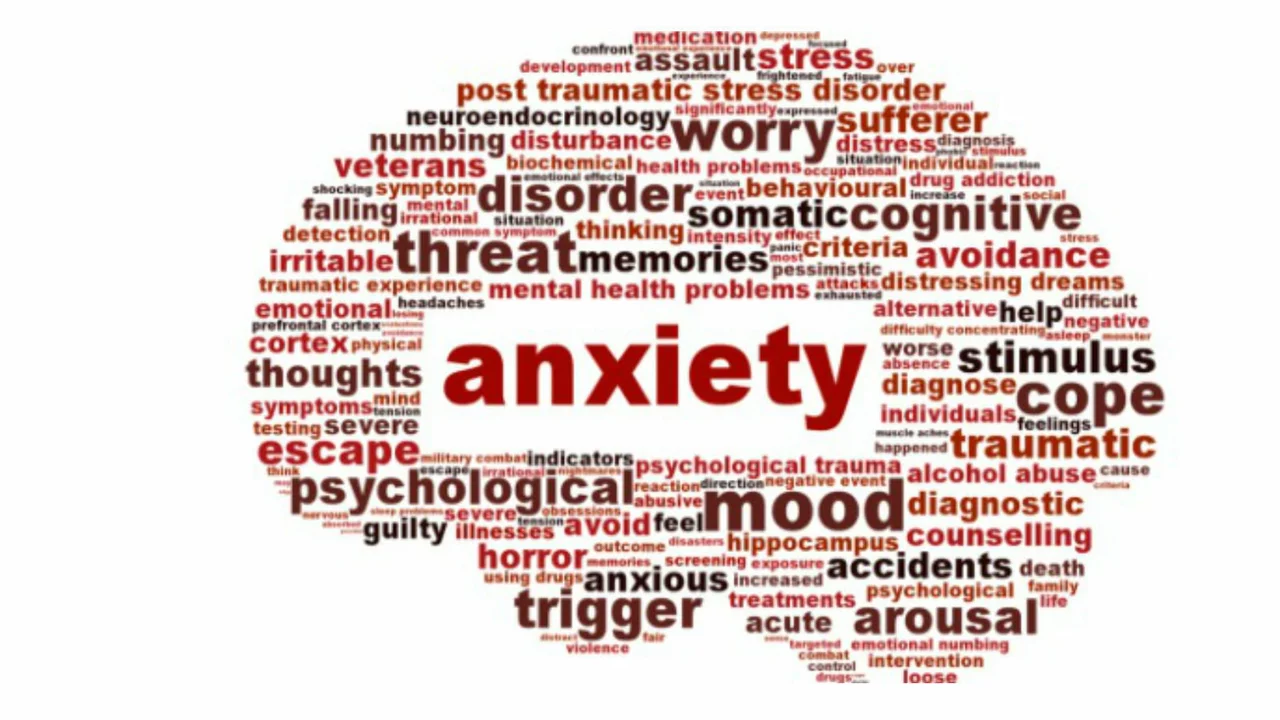Intimate Partner Violence: What It Looks Like and Why It Matters
If someone you love keeps hurting you—physically, emotionally, or financially—you’re probably dealing with intimate partner violence (IPV). It’s not just a private issue; it shows up in clinics, emergency rooms, and even pharmacy counters. Victims often come in with bruises, chronic headaches, anxiety, or insomnia, but they may hide the real cause because of shame or fear.
Understanding IPV means recognizing the patterns: intimidation, isolation, constant criticism, and occasional bursts of physical abuse. These behaviors chip away at a person’s confidence and can lead to serious health problems like high blood pressure, depression, or substance misuse. When you know the signs, you can act faster—whether that means offering a listening ear, suggesting professional help, or simply making sure they have a safe place to stay.
Quick Steps You Can Take Right Now
1️⃣ Talk safely. Choose a quiet moment when the person isn’t being watched. Keep your tone calm and let them know you’re there without judgment.
2️⃣ Help them plan. A safety plan might include packing an emergency bag, keeping copies of important documents, or identifying a friend’s house where they can go if things get dangerous.
3️⃣ Know the resources. Local shelters, hotlines, and legal aid offices exist in most regions. In many countries you can dial a free number (for example, 1‑800‑799‑7233 in the US) to reach trained counselors who can guide you through next steps.
4️⃣ Encourage professional care. A doctor or pharmacist can check for injuries, prescribe medication for anxiety or depression, and refer the person to mental‑health specialists. Don’t underestimate the power of a simple prescription for sleep or stress relief—it can give someone the stability they need to move forward.
How Health Professionals Can Support IPV Survivors
Pharmacists often see patients more frequently than doctors, making them a key point of contact. If a client mentions fear of a partner, ask if they feel safe taking their medication at home. Offer discreet packaging or a pickup location that isn’t tied to the abusive partner’s address.
Medical staff should screen for IPV during routine visits. A few gentle questions—"Do you feel safe at home?" or "Is anyone hurting you?"—can open up crucial conversations. When an abuse pattern is identified, clinicians can document findings, provide a safety‑net prescription (like a short‑term anxiety med), and connect the patient to counseling services.
Remember, you don’t have to solve everything yourself. Your role is to listen, validate, and point toward safe options. Small actions—offering a water bottle, handing over a printed hotline number, or simply saying "You deserve help"—can change a survivor’s outlook dramatically.
If you suspect someone you know is in an abusive relationship, act with compassion and urgency. The health impact of IPV is real, but so are the resources that can break the cycle. Together, we can turn fear into safety and silence into support.

